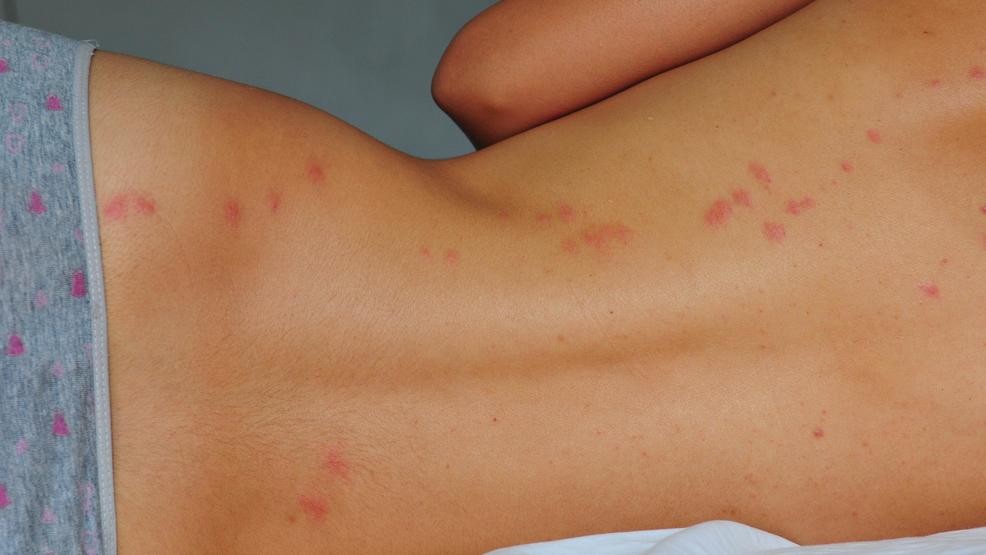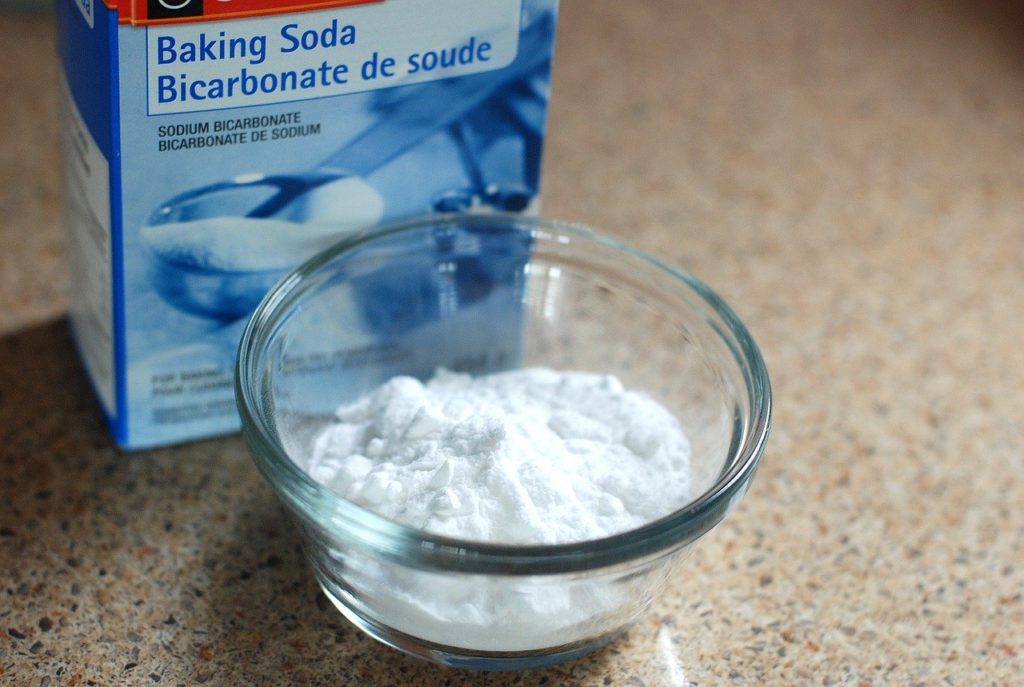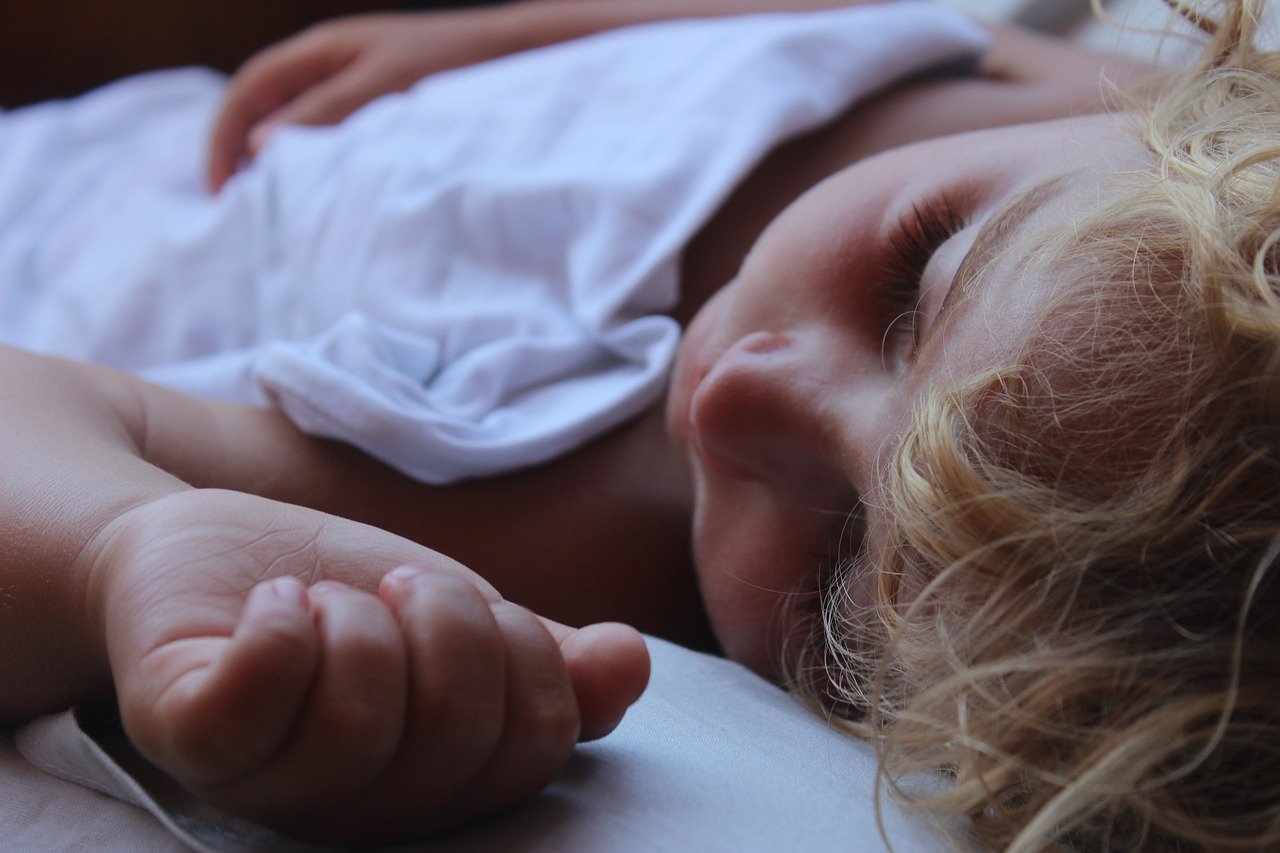If you have bed bugs at home, you are at risk of bed bug bites. Thankfully, bed bugs are not known to spread diseases. But this doesn’t mean you should just ignore bed bug bites. The bites can still be a health risk. Here is everything you need to know about bed bug bites.
Why bed bug bites are dangerous
Contrary to popular belief, bed bugs can actually thrive outside of mattresses, so don’t ever think you are safe from their bites just because you are not lying down. Here are the potential dangers of bed bug bites.
- They can cause itching, pain, and swelling. Bed bugs leave some anesthetic and saliva behind when they feed on you. Once the anesthetic wears off, the saliva can cause intense itching. The bites can also be painful and swollen, especially when you have an allergic reaction to them.
- They can lead to infections and other conditions. The intense itching can lead to infections. Those that can’t help but scratch the bites are more vulnerable. Be on the lookout for chills, fever, and pus coming out of the bites. The intense itching can also lead to sleep deprivation, which can cause other conditions like anxiety, depression, fatigue, and a weaker immune system.
- They can trigger allergic reactions. It’s not very common to have severe allergic reactions to bed bug bites, but it does happen. If you are experiencing symptoms of anaphylaxis, such as difficulty in breathing, nausea, and vomiting, seek medical attention immediately. The condition is considered a life-threatening medical emergency.
How to identify bed bug bites
Most people don’t feel the bites themselves, thanks to the anesthetic bed bugs inject into you as they feed. In fact, it’s very likely that you will not notice you have been bitten by bed bugs until you develop the following symptoms:
- Red and swollen bite marks, particularly in exposed skin. Bite marks will appear 24 to 48 hours after you have been bitten. They look red and swollen, typical of insect bites. But they have other characteristics that differentiate them from other kinds of insect bites. For instance, bed bug bites are more likely to appear in your face, neck, arms, and hands, because these parts of your body are often exposed while you sleep.
- Bite marks grouped in clusters or lines. One of the most defining characteristics of bed bug bites is that they are grouped in clusters or lines. When bed bugs are feeding, they may be dislodged and end up biting again from a different spot. But the bites don’t always form straight lines. They can be in random clusters or zigzags too.
- Itching. The bites can be very itchy because of how your body reacts to the pests’ saliva. This can lead to infections if you scratch a lot or sleep deprivation if you don’t relieve the itch. There are also cases where victims don’t feel any itch at all from the bites.

How to treat bed bug bites
You don’t have to suffer from the health risks associated with bed bug bites. There are a lot of remedies available, such as the traditional remedies you can find in pharmacies and home remedies you can mix up in your kitchen.
Traditional remedies
- Apply topical anti-itch creams. There are a lot of over-the-counter medications available, such as anti-itch creams you can apply topically on the bites. Just make sure to follow the instructions on the label for effective and safe use.
- Take oral antihistamines. You can also take the oral approach, especially when you think you are experiencing allergic symptoms. Talk to the pharmacist on duty to know how to take antihistamines properly.
- Consult a doctor or pharmacist. You can never go wrong with consulting a medical professional. A doctor or a pharmacist on duty in the pharmacy where you are buying your traditional remedies will be able to help you with your bed bug bite problems.
Home remedies
- Clean the bites as a first line of defense. If you think you have suffered from bed bug bites, the smartest thing to do is to clean the bites first with warm water and soap. This may temporarily relieve itching and may even prevent infections.
- Use an ice pack. An ice pack will help relieve the itchiness that comes with the bites. But make sure you don’t directly press ice on your skin. You may cause more harm than good. Wrap the ice with a cloth or buy a proper ice pack.
- Create a paste with baking soda and water. Baking soda will also help relieve the itchiness. Turn it into a paste by mixing it with a few drops of water. There is no specific ratio for these two ingredients. Just mix them until you can create a thin paste and apply the paste to the affected areas.

How to prevent bed bug bites
Preventing bed bug bites is a better approach than curing them. Here are some things you can do to get rid of the bed bugs on your property.
- Call a pest control professional. Bed bugs are resilient pests. It may be hard to completely get rid of them if you don’t fully understand them. Get the help of a pest control professional who can diagnose your problem properly and get rid of the pests for good.
- Be wary of hitchhiking bed bugs. Remember that you can take home bed bugs with you. You can get them from college dorms, hotels, second-hand furniture stores, and even office spaces. Make sure you check the places you visit and avoid contact with their furnishings as much as possible, especially if there are signs of a bed bug infestation.
- Clean your home. A clean home is still vulnerable to bed bugs. After all, these pests are not necessarily attracted to filth, unlike other pests like cockroaches and rats. But it helps to keep your home clean. If you can consistently steam clean and vacuum around your home, the better.
Bed bug bites are preventable
Bed bugs are not known to spread diseases, but this doesn’t mean you can ignore their bites. They can lead to a variety of health risks, including infection and sleep deprivation. If you want to prevent bed bug bites, the best thing you can do is to get rid of the bed bug infestation in your home.

